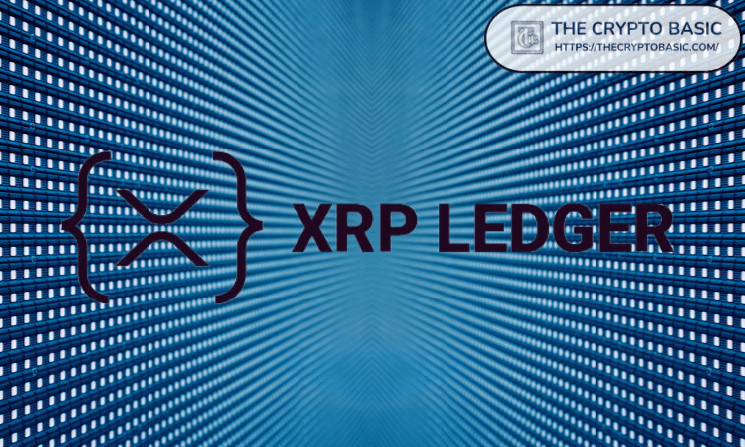Panos Mekras, the co-founder of Anodos Finance, recently unveiled facts about the XRP Ledger (XRPL) AMM that network participants should consider before using it.
The disclosure comes at an opportune time, as the XRPL community recently reactivated the AMM functionality following the implementation of an amendment fix to an earlier issue encountered by the feature. Notably, with this fix, AMM pools are now operational, and trading has resumed.
Notably, following the fix, the number of AMM pools on the XRP Ledger has increased to 259, according to data from XRPScan. In addition, the total XRP locked across these AMM pools has skyrocketed to 1.6 million tokens, up from the 820K+ reported by The Crypto Basic yesterday.
The XRPL AMM Unique Composition
Amid the enthusiasm, Mekras took to X to outline some facts to consider about the AMM before anyone starts using it. He stressed that the XRPL AMM is not just another decentralized exchange, as its workings leverage the existing age-old XRPL DEX.
AMM facts you need to know before using XRPL’s AMM:
• The AMM is a type of decentralized exchange and an addition to current XRPL’s limit order-book DEX.
• AMMs incentivize liquidity provision and allow users to become their own banks and market makers.
• The primary utility…— Panos 🔼{X} (@panosmek) April 10, 2024
For context, the XRPL DEX is one of the oldest decentralized exchanges in the market. The integration with the DEX is especially crucial, offering users the ability to trade assets around the clock with liquidity that is globally accessible.
Mekras emphasized that while AMMs democratize finance by allowing users to act as their own banks and market makers, this role is not one-size-fits-all. It demands a certain acumen, as the risks are as real as the opportunities.
According to him, the XRPL AMM, in particular, operates on a geometric mean model with a unique weight parameter, setting it aside from its peers and enabling it to function like a constant product market maker.
He noted that it boasts over 8,000 XRPL tokens, offering flexibility. Users can create liquidity pools with any two tokens, eliminating the necessity for XRP as a mediator. This feature allows users to tailor their trading strategies to their preferences.
A Note for Potential Liquidity Providers
However, Mekras stressed that engaging with the XRPL AMM is more than just creating pools – it also requires an understanding of the economics of liquidity provision. As a result, ordinary users not ready to navigate the risks can just leverage the AMM for trading.
Notably, when assets are contributed to the AMM, they become part of a larger trading ecosystem, and providers are compensated with fees from trades. These fees are distributed based on ownership share within the pool, allowing liquidity positions to grow organically.
He also called attention to the concept of impermanent loss (IL). IL represents the potential difference in asset value when compared to simply holding them. Yet, Mekras reassures that IL should not deter participation.
Instead, it can be offset by the fees earned through active trading within the AMM. The key is to contribute assets that one is willing to utilize within the AMM, rather than those intended for long-term holding.
He emphasized that not all liquidity pools carry the same level of IL risk. For instance, pools pairing stablecoins or highly correlated cryptocurrencies typically experience minimal IL. This understanding of risk is vital for anyone looking to provide liquidity, especially in pairs like XRP/stablecoin, which offer a balanced exposure to the volatility of XRP.
Mekras also noted the importance of practice before diving into the deep end. Anodos Finance provides a devnet platform for users to familiarize themselves with the AMM mechanics without financial risk. Once comfortable, users can transition to the mainnet, where real assets come into play.
Read the full article here









